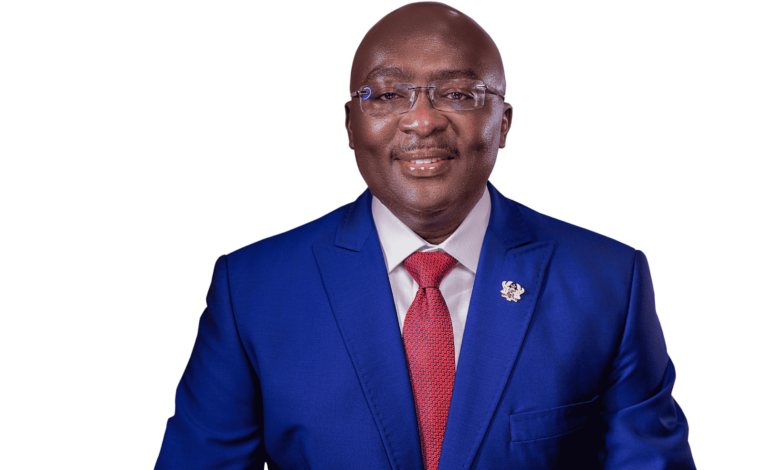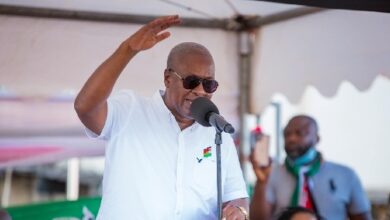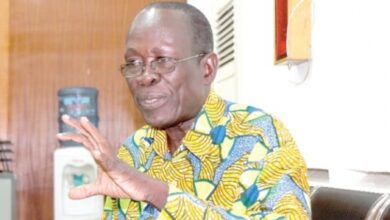
Samuel Kofi Atta Mills, son of the late Ghanaian President John Evans Atta Mills, has expressed his profound disappointment in the leadership of Vice President Dr. Mahamudu Bawumia, describing it as “extremely disappointing”.
Mr Atta Mills criticized the Vice President, who also serves as the flagbearer of the New Patriotic Party (NPP), for failing to meet the high expectations he set while in opposition.
He emphasized that Dr. Bawumia, once celebrated by his wife Samira as an “economic wizkid,” has struggled to deliver on his promises of economic transformation, particularly when comparing the current state of the economy to what the NPP inherited eight years ago.
Mr Atta Mills pointed to the drastic depreciation of the Ghanaian cedi, which has fallen from a rate of 4 cedis to a dollar at the time the NPP took power to over 16 cedis to the dollar today—a more than fourfold decline.
He noted that this depreciation starkly contradicts the NPP’s 2016 campaign rhetoric, which lambasted the previous administration, under President John Mahama, as incompetent.
Dr. Bawumia, then in opposition, gave frequent lectures on how he would stabilize the currency and build a “robust economy” for Ghanaians.
In a candid interview on October 28, 2024, Mr Atta Mills expressed frustration, stating, “It’s a complete shame for Ghana to be in this mess after all the noise made by the NPP while in opposition.”
He also contrasted Dr. Bawumia’s current performance with that of the late Vice President Paa Kwesi Bekoe Amissah-Arthur, who, despite criticisms from Dr. Bawumia, managed to keep the economy in a more stable condition.“Extremely disappointing. And that’s me being very charitable with my comments,” Atta Mills stated.
“When you look at the words he used to describe the late Vice President Amissah-Arthur and what we are seeing today, his wife called him an economic wizkid, but today we are all suffering.
Where is the economic wizkid? It’s a shame—a complete shame,” he added.
His remarks reflect growing public dissatisfaction with the country’s economic direction, and they underscore a sharp contrast between the high hopes once pinned on Dr. Bawumia’s leadership and the reality now faced by many Ghanaians.
Story by: Mercy Addai Turkson




